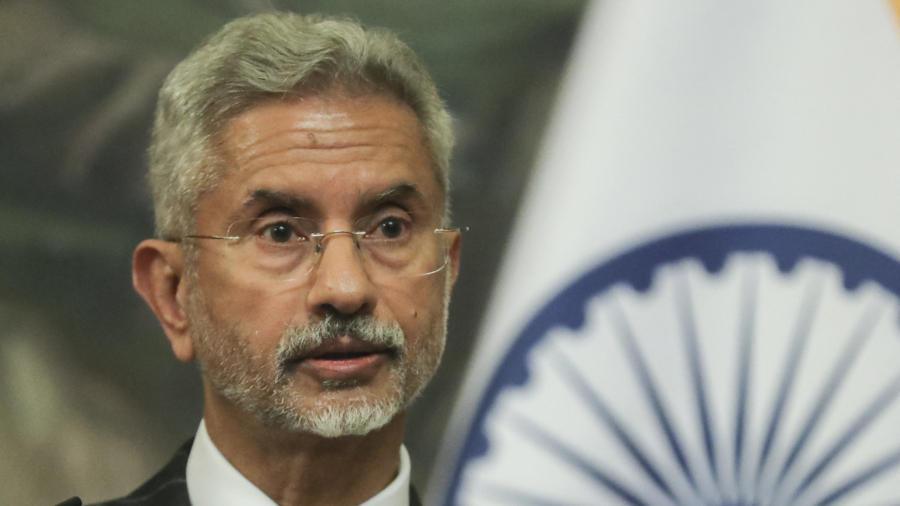India’s Minister of External Affairs has indicated that the country will prioritize its own energy requirements and continue Russian oil purchases. It comes as pressure on Russia by Western governments is mounting with a price cap squeeze on the country’s oil exports.
Subrahmanyam Jaishankar spoke after holding talks with his German counterpart, Annalena Baerbock, who was on a visit to India. At the core of the talks were bilateral relations and Russia’s war in Ukraine.
Jaishankar hinted at hypocrisy, saying that it isn’t right for European countries to prioritize their energy needs but “ask India to do something else.”
“Europe will make the choices it will make. It is their right,” he said, addressing the media.
A price cap on Russian oil, set at a recent G7 meeting, is expected to come into effect on Dec. 5. So far, India has not committed to the cap, which sits at $60-per-barrel. The move effectively attempts to limit Russia’s military budget, and at the same time circumvents a price spike, in the event that Russian oil is suddenly made unavailable to the global market.
Although no direct reference to the price cap was made by Jaishankar, he pointed out that Europe is importing oil from Russia at a larger scale than India. Indian officials, meanwhile, defended the continued purchase as an economic benefit to their country.
India has been gradually increasing discounted Russian oil since the start of the Russia-Ukraine conflict in February of this year, with Indian imports of Russian oil peaking at record levels in October. India is on course to becoming Russia’s biggest oil customer in barrels per day, India’s news agency Press Trust of India reported, based on data obtained from energy tracker Vortexa.
Although India has condemned the violence in Ukraine despite having close relations with Russia and being a major consumer of Russian-made weapons, it has so far not taken part in resolutions put in place by the United Nations that are critical of Moscow’s military operations in Ukraine.
Other topics addressed in the meeting between Jaishankar and Baerbock, who is in India on a two-day visit, included trade diversification between the two nations as well as global consequences of the Russia-Ukraine conflict, and establishing closer cooperation regarding energy transition away from fossil fuels.
Both countries also signed a migration and mobility partnership. It will allow people of either country to access professional and educational resources, enabling them to study and work in the other country more easily.
India and Germany are close trading partners, with Germany being its largest in Europe, having over 1,700 companies operating in India. Germany’s investments in the Asian nation are primarily in transportation and electrical equipment. Germany is also heavily invested in the country’s automotive and construction industries.
The Associated Press contributed to this report.


